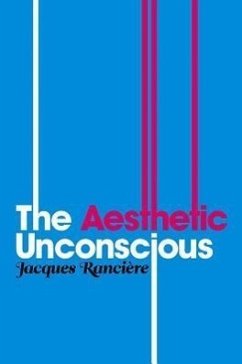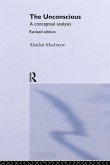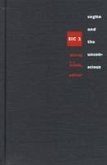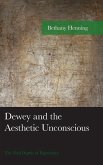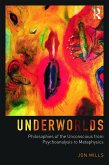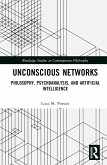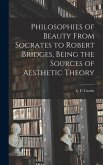This book is not concerned with the use of Freudian concepts for the interpretation of literary and artistic works. Rather, it is concerned with why this interpretation plays such an important role in demonstrating the contemporary relevance of psychoanalytic concepts. In order for Freud to use the Oedipus complex as a means for the interpretation of texts, it was necessary first of all for a particular notion of Oedipus, belonging to the Romantic reinvention of Greek antiquity, to have produced a certain idea of the power of that thought which does not think, and the power of that speech which remains silent. From this it does not follow that the Freudian unconscious was already prefigured by the aesthetic unconscious. Freud's 'aesthetic' analyses reveal instead a tension between the two forms of unconscious. In this concise and brilliant text Rancière brings out this tension and shows us what is at stake in this confrontation.
'One of today's foremost French philosophers offers here afascinating and illuminating take on the relevance of Freudianconcepts and psychoanalytic interpretations, as emerging from theyet to be discovered meaning of the 19th century aestheticrevolution. In a philosophical dialogue with Lyotard, Rancierecontends that the Freudian inheritance that valorizes pathos overlogos, goes against the grain of Freud's own effort to maintaintheir equal coexistence and inseparability: to preserve at once thepathos of the sickness and the logos of the cure. This erudite andbrilliant book is a must-read for students of art, philosophy andpsychoanalysis alike.'
Shoshana Felman, Author of Testimony (Crises ofWitnessing), and The Juridical Unconscious
"Ranciere offers a fascinating new optic through which to readpsychoanalysis, and his original positioning of Freud in relationto art and literature is valuable in a field where partisandefences and blanket dismissals tend to hold sway."
The Philosophers' Magazine
Shoshana Felman, Author of Testimony (Crises ofWitnessing), and The Juridical Unconscious
"Ranciere offers a fascinating new optic through which to readpsychoanalysis, and his original positioning of Freud in relationto art and literature is valuable in a field where partisandefences and blanket dismissals tend to hold sway."
The Philosophers' Magazine

